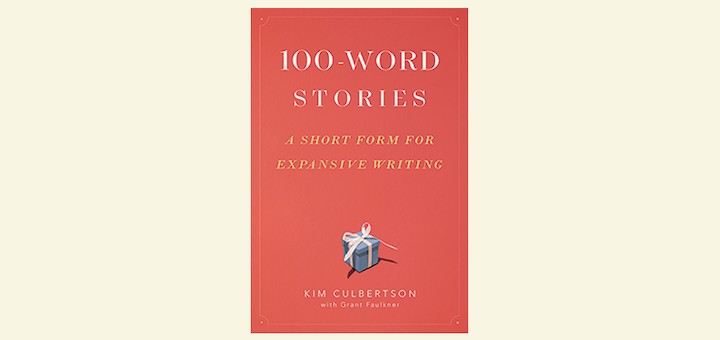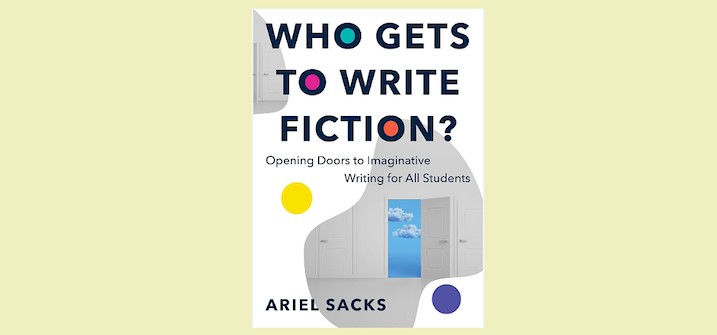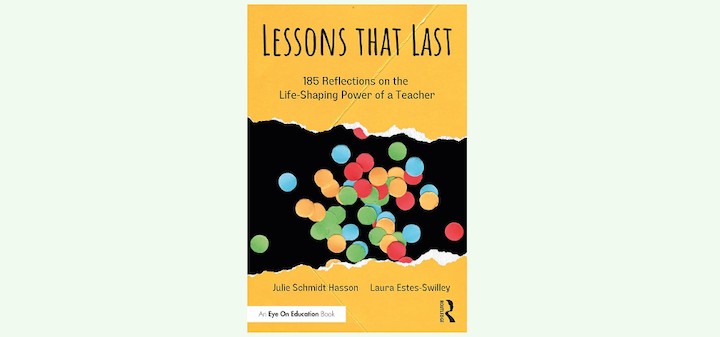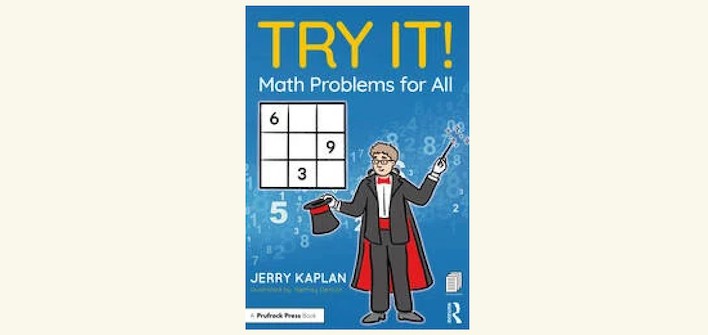A Way to Increase Free Reading Outside of Class
Free Reading Friday has transformed Laurie Miller Hornik’s 7th grade class into a reading community, without having to cut back on whole-class text studies. Students arrive on Fridays ready to talk and write about the free reading they’ve done outside of school during the week.






















